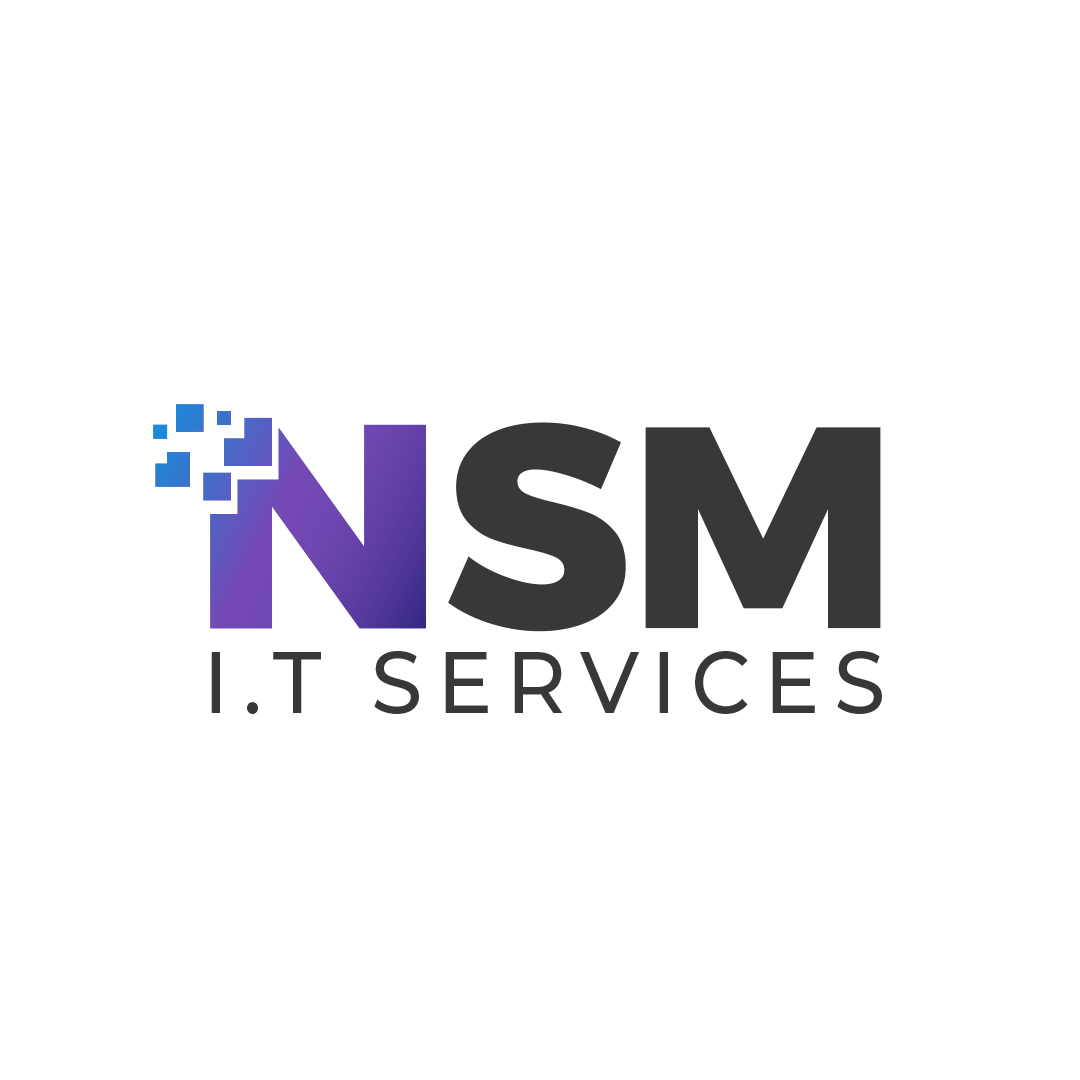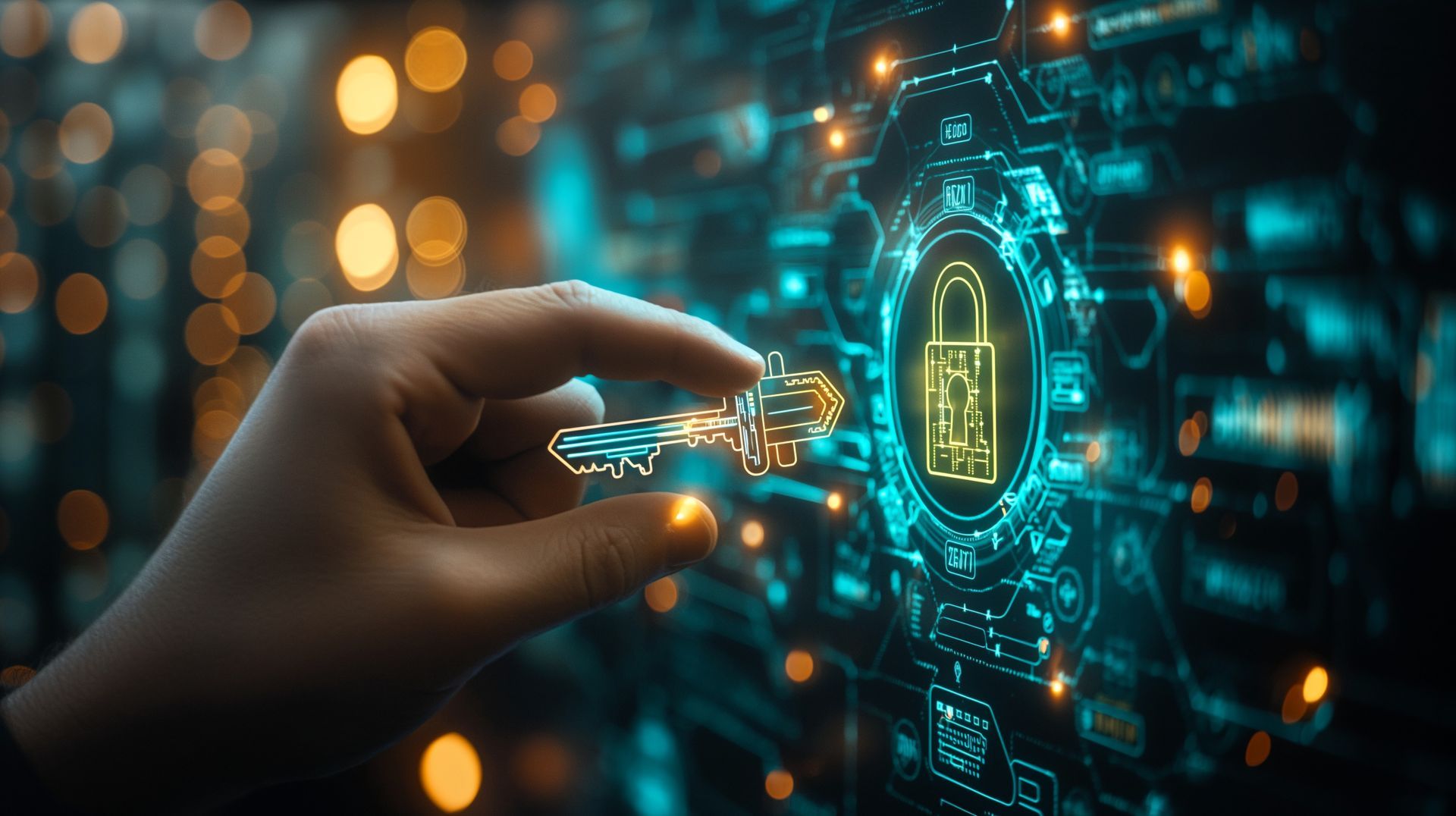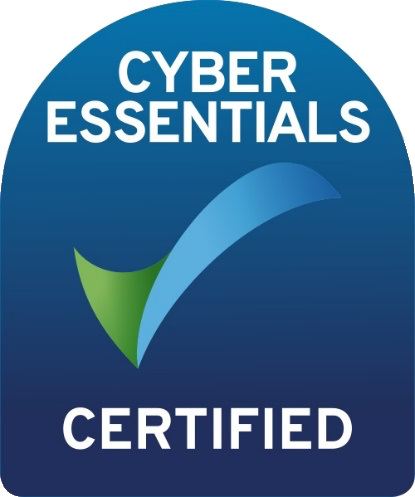Stay Cyber-Safe This Christmas: 12 Tips to Protect Your Holiday Cheer
Don’t let Cyber-Grinches steal your holiday cheer! Keep Your Christmas Merry and Safe
The Christmas season is a time for celebration and togetherness, but it also presents unique cybersecurity challenges. With heightened online activity and a relaxed holiday mindset, cybercriminals see an opportunity to exploit vulnerabilities.
By following these 12 essential cybersecurity tips, you can safeguard your digital presence and ensure a worry-free festive season.
1. Beware of Holiday-Themed Phishing Scams
Cybercriminals often disguise phishing scams with holiday themes, such as fake promotions or charitable donation requests. These scams are designed to trick you into clicking malicious links or providing sensitive information. Always scrutinize emails or messages claiming to offer exclusive deals or asking for urgent action. Hover over links to verify their destination and refrain from engaging with unfamiliar senders. A little caution can go a long way in preventing a breach.
2. Beware of Social Engineering
Social engineering is often a methodical and prolonged process. Cybercriminals may gain unauthorised access to your email account and spend time studying your communication patterns. They analyse your writing style, the people you interact with, and the timing of specific actions, such as sending out monthly invoices. Once they’ve gathered enough information, they may craft and send a convincing invoice to one of your clients, replicating your usual format but substituting their own banking details. Since the email appears to originate from your address, the client may trust it and unknowingly transfer funds to the attacker. While senior staff are common targets, it’s crucial for everyone in an organization to remain vigilant, as no one is immune to these schemes.
Example of Social Engineering : https://www.forbes.com/sites/technology/article/what-is-social-engineering/
3. Strengthen Your Passwords
Weak passwords are an easy target for hackers, especially during the busy holiday season. It’s essential to create unique passwords for each of your accounts, combining letters, numbers, and special characters to enhance security. For better management, consider using a password manager to generate and securely store your credentials. This way, you can avoid the pitfalls of weak or reused passwords.
4. Enable Multi-Factor Authentication (MFA)
Adding multi-factor authentication (MFA) to your accounts is one of the most effective ways to protect against unauthorised access. Even if a password is compromised, MFA requires an additional verification step, such as a code sent to your phone. This extra layer of security is particularly important for critical accounts, including email, banking, and online shopping platforms.
5. Be Cautious with Public Wi-Fi
Public Wi-Fi networks, while convenient, are often unsecured and can expose you to cyber risks such as man-in-the-middle attacks. Avoid entering sensitive information, such as login credentials or payment details, while connected to these networks. Using a Virtual Private Network (VPN) can help encrypt your online activity and ensure safer browsing, even on public connections.
6. Keep Your Devices Updated
Outdated devices and software often contain vulnerabilities that hackers can exploit. Ensure that your operating systems, apps, and antivirus programs are up to date with the latest security patches. Enable automatic updates to maintain protection without the need for constant manual checks. This simple habit can significantly reduce the risk of cyberattacks.
7. Secure Smart Devices
Many households add new smart devices during the holiday season, from voice assistants to smart TVs. While these gadgets enhance convenience, they can also introduce vulnerabilities. Change default passwords immediately upon setting up new devices, and regularly update their firmware. Before purchasing, research the security features of smart devices to ensure they meet acceptable standards.
8. Practice Safe Social Media Usage
The festive season often sees an increase in social media sharing, but oversharing can make you a target for cybercriminals. Avoid posting real-time updates about your location, travel plans, or expensive gifts, as this information can be used maliciously. Adjust your privacy settings to control who can see your posts and be mindful of what you share publicly.
9. Backup Important Data
The threat of ransomware attacks rises during the holidays, making regular data backups critical. Store backups on secure cloud services or external drives, and encrypt them for added protection. Periodically test your backups to ensure they function correctly. If disaster strikes, having a reliable backup can save your valuable data and reduce downtime.
10. Educate Your Family
If you share devices or online accounts with family members, especially children, make cybersecurity a family priority. Teach them to recognise suspicious links and avoid sharing personal information online. Encourage open communication so they feel comfortable reporting anything unusual. A family that practices good cybersecurity habits together is better protected.
11. Monitor Financial Statements
With increased spending during the holiday season, it’s essential to monitor your financial accounts regularly. Review your bank and credit card statements for unauthorized transactions or unusual activity. Set up alerts for any changes to your account to catch issues quickly. Promptly reporting discrepancies to your bank can help mitigate potential damage.
12. Shop Only on Trusted Websites
While online shopping is convenient, it comes with risks, particularly when using unverified platforms. Always choose reputable retailers, and ensure their websites are secure by checking for "https://" in the URL. Deals that seem too good to be true often are, so exercise skepticism. Additionally, using secure payment methods such as credit cards or platforms like PayPal can provide an added layer of protection.
Final thoughts
Cybersecurity should never take a backseat, even during the festive season. By adopting these 12 practical tips, you can protect your business and your loved ones from cyber threats. Remember, staying vigilant and proactive is key to enjoying a stress-free and secure Christmas. With proper precautions, you can focus on the joy of the season without worrying about digital risks.
The steps outlined here are just the foundation; there’s much more you can do to safeguard yourself and your business from cyber threats.
Interested To Know More? Get in touch
If you found this blog helpful, book a call today. Explore additional strategies and learn how NSM Services can help your business enhance its protection.







